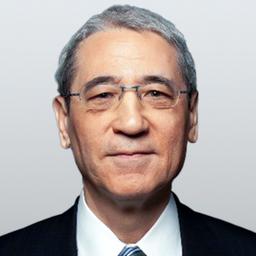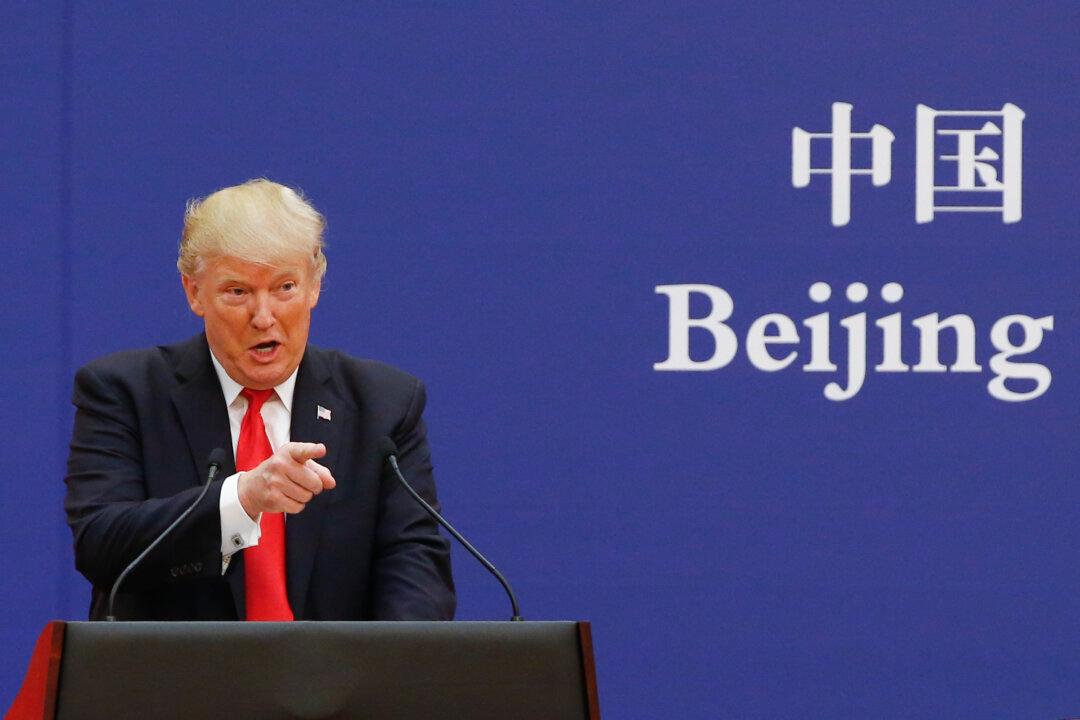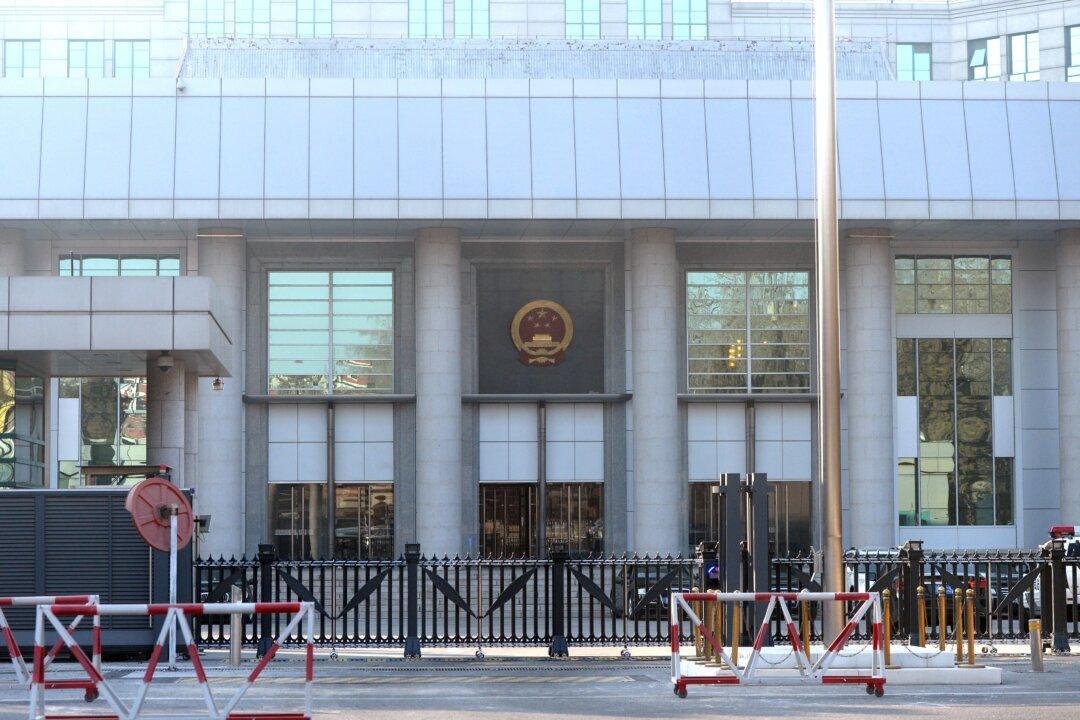Mistreanu is right. Observers say the weekend disturbances—China was quiet on Monday—are the most significant since mass demonstrations rocked the Chinese capital and some 370 other cities in the Beijing Spring of 1989. In many respects, however, the ongoing protests are more dangerous to China’s Communist Party.
As Charles Burton, a China scholar at the Ottawa-based Macdonald-Laurier Institute, told Gatestone, even the 1989 Tiananmen Movement “did not challenge the fundamentals of Party rule over China.” Protestors then only wanted hardliners like Premier Li Peng removed to make way for “democratic reforms;” in other words, “Party-mediated democratization of China,” as Burton termed it.
Today, however, many Chinese want to get rid of the Party. As Mistreanu reported, the demonstrators she witnessed in Beijing were chanting “We want freedom, equality, democracy, rule of law.” “We don’t want dictatorship,” they shouted.
The weekend’s demonstrations also resemble the protests in 1949. That year, Mao Zedong defeated Chiang Kai-shek’s ruling Nationalists. Then, Chiang commanded far superior armies than the Communists, but his regime nonetheless quickly fell.
Why did that happen? Chiang’s Nationalists had, the acclaimed China historian Yu Ying-shih once told me, “lost people’s hearts.” The CCP, as the Chinese Communist Party is informally known, has now lost hearts across the country.
China, throughout the Communist period, has witnessed demonstrations, but most of them are, as Burton noted, “highly localized” and “directed at malfeasance, corruption, and incompetence of lower level Communist functionaries.”
Now, however, the anger is directed at the Party itself. In short, as evident from the spontaneous demonstrations of the weekend, the Chinese people have had enough of Xi Jinping and CCP rule. They recognize the fundamental fact that the Party’s system does not work.
Xi cemented his position over the Communist Party at last month’s 20th National Congress, but the Party is losing control of Chinese society.
Popular attitudes suggest that China will remain unstable for some time. So why should the international community care about the current instability in China?
Because China’s regime might lash out.
If the Communist Party looked as if it would fall quickly, Xi could not lash out. He would have to devote all his resources at home, deploying the People’s Liberation Army internally.
If, however, the crisis plays out over a long time, Xi will have the opportunity to try to direct popular anger at neighboring countries or the United States and aim the Chinese military abroad.
Xi, who does consider himself a “real man,” has already during his ten years as general secretary exacerbated xenophobia in China. Fomenting hatred of America, to save the Communist Party from popular unrest, would not be a big step for him.
Xi, who this weekend heard the chants demanding he step down, probably knows he cannot win back Chinese hearts short of starting a war.
That gives everyone a direct stake in what happens next on China’s streets.





